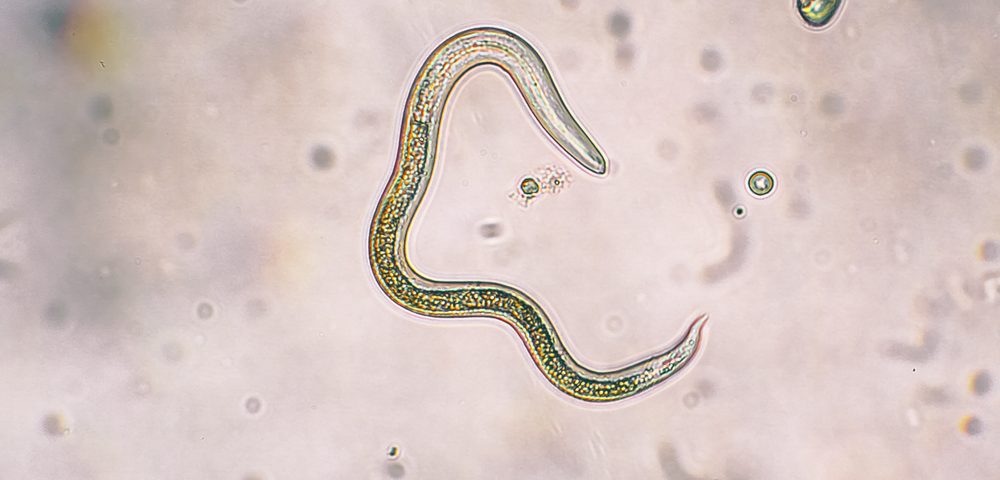Researchers have identified a molecule produced by parasitic worms that could aid in the effort to find new therapies for people with asthma, a new study suggests.
The study, titled “HpARI Protein Secreted by a Helminth Parasite Suppresses Interleukin-33,” was recently published in the journal Immunity.
The fact that certain infections with parasitic worms can protect people from asthma has been known for several years, but until now, very little was known about the process behind it.
In the study, a team led by researchers at the University of Edinburgh Medical School in the U.K. reports having identified a molecule that dampens the host’s immune response and prevents the allergic reaction that causes asthma attacks. The team studied parasites known as roundworms, which live in the intestines of people and animals.
More specifically, researchers looked at the worms’ secretions. They identified a molecule called Heligmosomoides polygyrus alarmin release inhibitor (HpARI), which blocks key signals between cells of the immune system linked to allergic responses.
In mice studies, treatment with HpARI helped to stop allergic reactions similar to those seen in asthma, the researchers noted.
“By identifying this new protein, we have found a new method of suppressing the allergic responses which cause asthma, and in the future we hope to develop this toward further treatments for allergic disease,” Henry McSorley, from the Medical Research Council Centre for Inflammation Research, said in a University of Edinburgh news release.
McSorley was co-senior author of the study, together with Rick Maizels, a professor at the University of Glasgow.
“This is exciting early research that could pave the way for the development of new treatments for asthma,” said Samantha Walker, director of research and policy at Asthma UK, which helped fund the study.
According to the University of Edinburgh, people who live in countries where parasitic worms are common are less likely to suffer from asthma. For instance, in Southeast Asia, fewer than 1 in 20 people have an official diagnosis of asthma, compared to 1 in 11 people in the U.K.
In the United States, about 40 million people suffered from lifetime asthma in 2012, accounting for 13% of the U.S. population, according to the National Health Interview Survey (NHIS).
Pollen, pets, and house dust mites are common triggers of asthma. Finding a way to prevent allergic reactions could stop inflammation and prevent potentially life-threatening asthma attacks.

